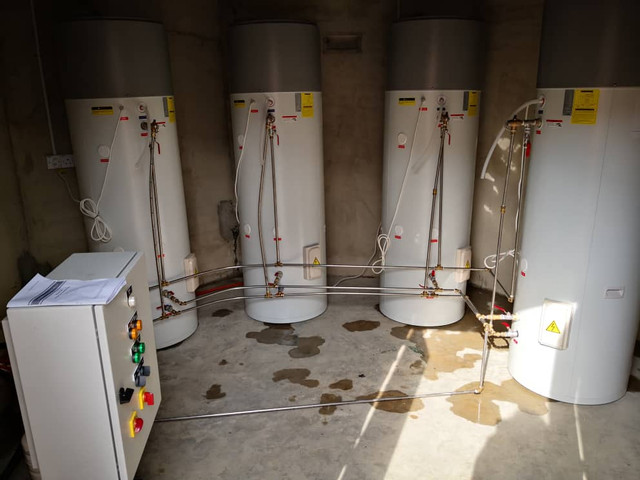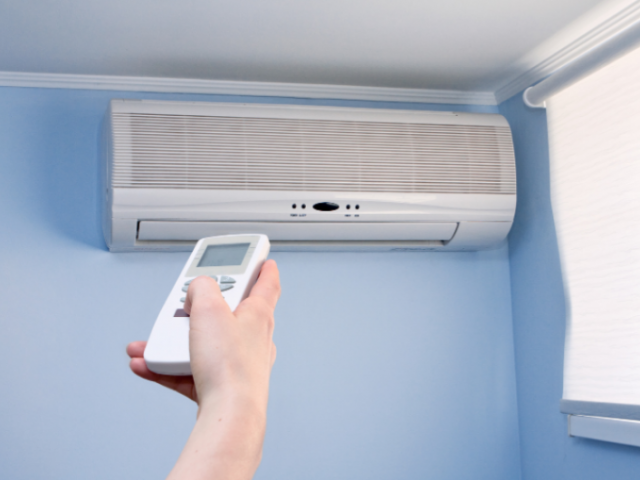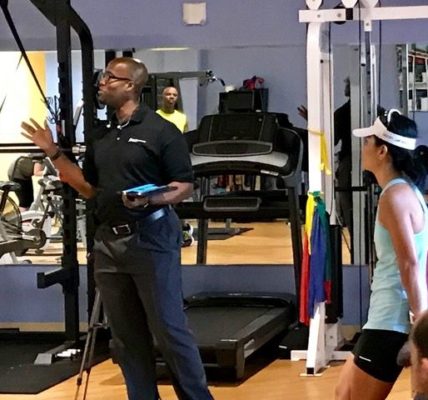As the summer heat rolls in, your air conditioner becomes an essential component of keeping your home comfortable. However, like any mechanical system, air conditioners can encounter issues over time. Fortunately, many common air conditioning problems can be troubleshooted before they become major repairs or replacements. In this blog post, we’ll explore some of these common AC problems and provide guidance on how to address them.
1. Insufficient Cooling
Problem: Your AC is running, but your home isn’t getting as cool as it should.
Possible Causes:
- Dirty air filters: Clogged filters restrict airflow, making it harder for your AC to cool your home efficiently.
- Thermostat settings: Ensure your thermostat is set to the cooling mode and the desired temperature. Sometimes, incorrect settings can lead to insufficient cooling.
Troubleshooting:
- Clean or replace filters: Regularly clean or replace your air filters. This simple maintenance task can significantly improve cooling efficiency.
- Check thermostat settings: Make sure your thermostat is set to cool and set at the desired temperature. If you have a programmable thermostat, verify the schedule.
2. Uneven Cooling
Problem: Some rooms are cooler than others.
Possible Causes:
- Blocked vents: Obstructed or closed vents can restrict airflow to certain rooms, leading to uneven cooling.
- Leaky ducts: If you have a central AC system, leaking or poorly insulated ducts can result in temperature variations.
Troubleshooting:
- Inspect vents: Ensure all vents in your home are open and unblocked. Move furniture or objects that may be blocking airflow.
- Seal and insulate ducts: If you suspect leaky ducts, consider having a professional inspect and seal them. Proper insulation can also help maintain consistent temperatures.

3. AC Not Turning On
Problem: Your air conditioner is unresponsive.
Possible Causes:
- Tripped circuit breaker: A tripped breaker can prevent your AC from turning on.
- Faulty thermostat: A malfunctioning thermostat may not send the signal to start the AC.
Troubleshooting:
- Check the circuit breaker: Locate your AC’s circuit breaker and reset it if it has tripped. If it continues to trip, consult a professional.
- Test the thermostat: Ensure the thermostat is functioning correctly by setting it to a temperature lower than the current room temperature. If it doesn’t respond, consider replacing the thermostat.
4. AC Leaking Water
Problem: You notice water pooling around your AC unit or leaking inside your home.
Possible Causes:
- Clogged condensate drain: Over time, the drain line can become blocked by dirt and debris.
- Frozen evaporator coils: When the evaporator coils freeze, they can produce excess condensation when they thaw.
Troubleshooting:
- Clear the condensate drain: If the drain is clogged, clear it by using a wet/dry vacuum or a pipe cleaner. Regular maintenance can prevent clogs from forming.
- Address frozen coils: If you suspect frozen coils, turn off the AC to allow them to thaw. Once thawed, check for blocked airflow or low refrigerant levels, which can cause freezing.
5. Strange Noises
Problem: Your AC is making unusual or loud noises.
Possible Causes:
- Loose or damaged parts: Vibrations or wear and tear can lead to loose or damaged components.
- Debris in the unit: Foreign objects or debris inside the AC unit can create noise when the system operates.
Troubleshooting:
- Inspect the unit: Carefully examine your AC unit for any loose or damaged parts. Tighten or replace them as needed.
- Remove debris: Turn off the AC and remove any debris or objects inside the unit. This can include leaves, twigs, or small animals.
6. Foul Odors
Problem: Unpleasant smells are coming from your AC vents.
Possible Causes:
- Mold or mildew: Humid conditions can promote mold or mildew growth inside the AC system.
- Clogged drain line: A clogged condensate drain can trap water and promote bacterial growth.
Troubleshooting:
- Clean the unit: Remove any visible mold or mildew growth from the unit. Consider using a mold-inhibiting cleaner.
- Clear the drain line: As mentioned earlier, keep the condensate drain clear to prevent water buildup and odors.
7. High Energy Bills
Problem: Your energy bills have significantly increased, and your AC seems to be running constantly.
Possible Causes:
- Dirty filters or coils: Clogged filters and dirty coils force your AC to work harder, consuming more energy.
- Refrigerant leaks: Low refrigerant levels can reduce your AC’s efficiency, causing it to run longer to cool your home.
Troubleshooting:
- Replace filters: Regularly replace or clean air filters to ensure proper airflow and efficiency.
- Professional inspection: If you suspect a refrigerant leak or other issues, contact a professional technician to diagnose and address the problem.
When to Call a Professional
While some AC issues can be resolved through DIY troubleshooting and maintenance, there are times when it’s best to call a professional HVAC technician:
- Refrigerant issues: Handling refrigerant requires specialized training and equipment.
- Electrical problems: If you’re not experienced with electrical systems, it’s safer to leave electrical repairs to professionals.
- Complex mechanical issues: Problems with the compressor, blower motor, or other complex components should be addressed by experts.
- Warranty concerns: Attempting DIY AC repair may void your AC unit’s warranty, so it’s advisable to consult a professional if your AC is still under warranty.
Remember that regular maintenance, such as annual tune-ups, can help prevent many of these common AC problems and extend the lifespan of your unit. By staying proactive and addressing issues promptly, you can ensure that your air conditioner keeps your home comfortable throughout the summer months.













